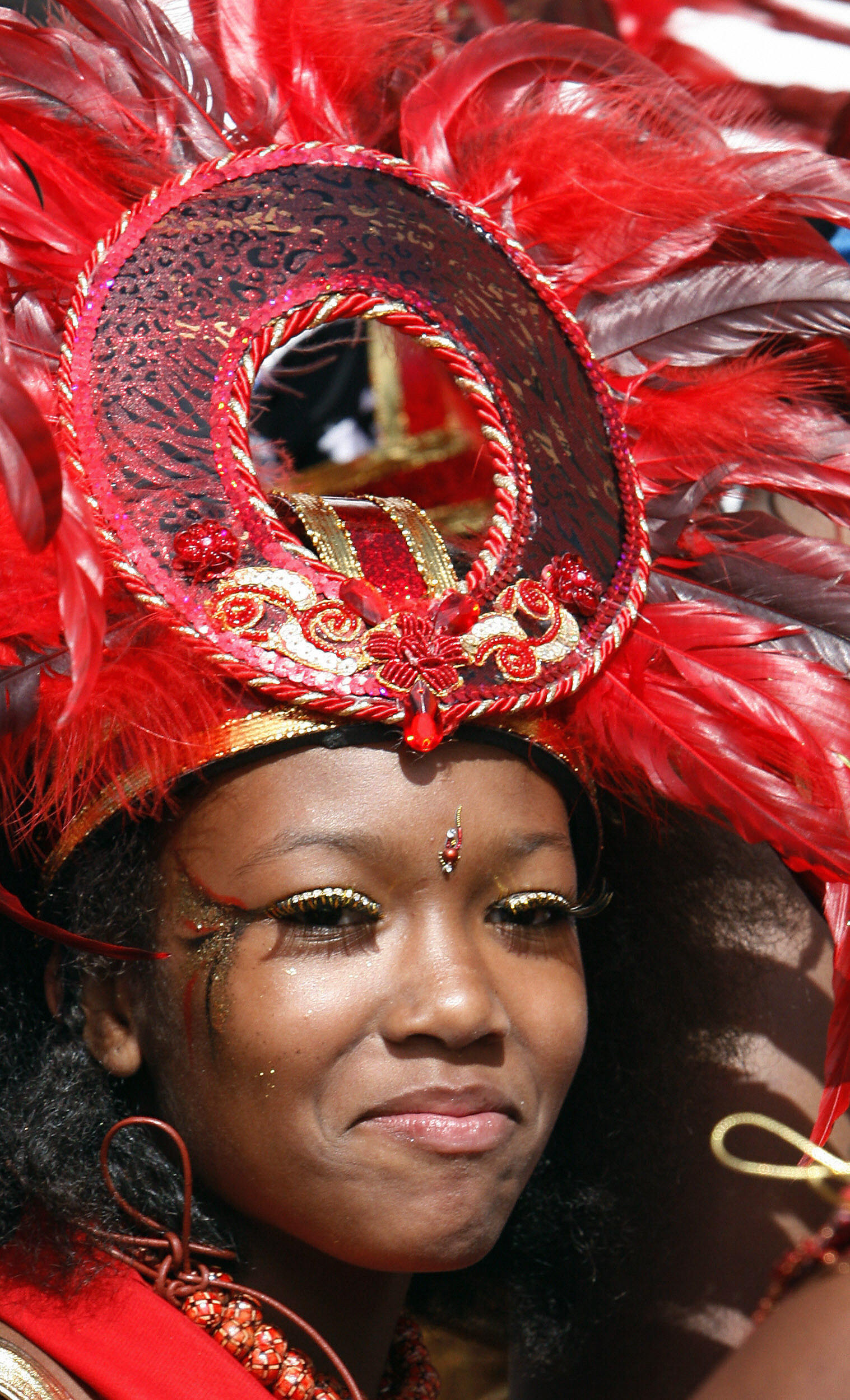 The streets around my house have now been cleaned, shops have opened again and any trace of the colour-packed, music-filled event that is the Notting Hill Carnival has disappeared. The event was a success. Towards the end, police did fight a battle with about 40 youths and ended up arresting 330 people – up from 246 last year. But overall, the event went smoothly with about 850,000 people enjoying the music, floats and the alluring energy of African-Caribbean popular culture.
The streets around my house have now been cleaned, shops have opened again and any trace of the colour-packed, music-filled event that is the Notting Hill Carnival has disappeared. The event was a success. Towards the end, police did fight a battle with about 40 youths and ended up arresting 330 people – up from 246 last year. But overall, the event went smoothly with about 850,000 people enjoying the music, floats and the alluring energy of African-Caribbean popular culture.
So why, one week after the event, am I writing this blog? Because I think that the event needs to move on. Rather than plan next year’s event, the organisers – the Notting Hill Carnival Trust Ltd – and Mayor Johnson need to use the carnival to do to London’s poorer boroughs what it originally did for the poverty-stricken Notting Hill
Let me explain. The Notting Hill Carnival was created to in 1959 as a response to the state of race relations at the time; the Notting Hill race riots had occurred the previous year and the area was then one of London’s poorest. Known as ‘Notting Dale’, the area was little more than a slum, with black people turned away from pubs and landlords refusing to rent to black families, advertising for rooms to rent specifying ‘no coloureds’.
But through years of regeneration, helped in part by the carnival, things began to change. The carnival itself went through a rough patch – marred by riots in the late 1970s. But more recently troubles have eased and to quote the official blurb, it’s viewed as “a dynamic celebration of London’s multi-cultural diversity.” It also brings considerable money to Notting Hill’s shops, vendors and traders.
But here lies my problem. Notting Hill is no longer the centre of race tensions or of grinding, disillusionment-inducing poverty. Plenty of socio-economic challenges remain in the wider area, a backdrop for the gangs-and-kids flick Kidulthood. But the predominant dilemma troubling the bankers and other well-heeled inhabitants of the carnival route is whether to have dinner at the Notting Brassiere or the Notting Hill Grill.
Meanwhile, across town things are still in a bad state. Every ward in Hackney is among the 10% most deprived in the country, with 47% of children living in low income households. Tower Hamlets is one of the poorest places in Britain, with a mass of council housing and run down shopping areas. The World Health Organisation recently reported that baby boys born in Hampstead are likely to live 11 years longer than those living in King’s Cross.
Though racial tensions cannot be compared to the 1960s, they remain and are now no longer only between blacks and whites, but between many different communities.
Why not use a Notting Hill Carnival to address some of these problems? It’s no silver bullet. It will need to be backed up with real policy changes. But an annual event could bring money and a strong, positive and immediate message about the need for different communities to live harmoniously together. Roll on the East London Carnival.







Comments